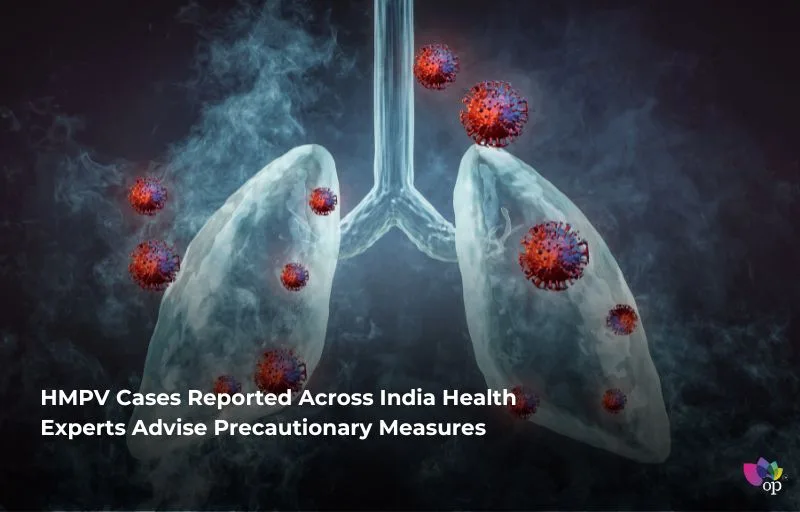According to the reports on Monday (6 January), Human Metapneumovirus (HMPV) cases have been reported across several Indian cities, including Bengaluru, Gujarat, Chennai, and Kolkata, affecting both children and infants. Health officials have confirmed eight cases in total, with heightened surveillance measures in place to monitor and control the virus’s spread. HMPV, though moderately transmissible, can impact individuals of all age groups and spreads primarily through respiratory droplets.
Union Health Minister JP Nadda emphasized that HMPV is not a new virus, having been identified in 2001 and circulating globally for years. The virus tends to spread more during the winter and early spring months. The Health Ministry, along with the Indian Council of Medical Research (ICMR) and the National Centre for Disease Control (NCDC), is closely monitoring the situation in India and neighboring countries, particularly in light of recent cases in China.
Experts, including Dr. Nilakantha Mishra and Dr. Rohan Krishnan, have highlighted the importance of preventive measures. These include wearing masks, maintaining physical distance, and isolating when symptoms like fever or cold appear. While HMPV is less virulent than COVID-19, these precautions are effective in minimizing transmission risks. The virus, part of the pneumoviridae family, causes acute respiratory illness and shares prevention strategies with influenza and COVID.
In preparation for Maha Kumbh 2025 in Prayagraj, the health department is implementing proactive measures to address potential health risks, including HMPV. These efforts underline the importance of robust health infrastructure and public awareness in managing the spread of infectious diseases. Authorities are prioritizing surveillance and readiness to tackle emerging health challenges effectively.
References



Comments 1